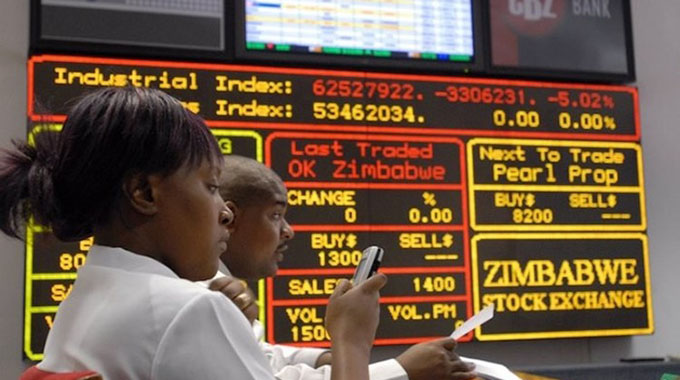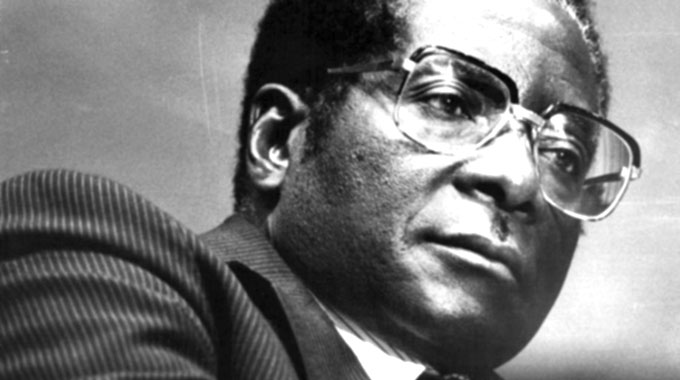‘Liberation’ of South West Africa a top priority

The Herald, 1 April, 1980
THE impending independence of Zimbabwe has paved the way for black Africa to divert both diplomatic and military attention to South West Africa where SWAPO guerillas, led by Mr Sam Nujoma have been waging an armed struggle against “South African occupation”, since 1966.
The liberation of Namibia is becoming a major priority of the Organisation for African Unity Liberation Committee, as the SWAPO leader vows to intensify guerrilla warfare in South West Africa, saying his movement has acquired “political inspiration” from the victory of the former Patriotic Front alliance in Rhodesia.
In an interview here, Mr Nujoma said his movement now had better logistical facilities made possible by the independence of Angola, Mozambique and now Zimbabwe, to wage a successful battle against Pretoria.
But he stressed SWAPO was after political objectives, adding that the movement had been compelled to resort to military methods to realise its objectives because of South African intransigence.
“So we have to fight — intensify the national war of liberation as well as increase our efforts at political mass mobilisation. The struggle could last anything from five to 100 years,” Mr Nujoma said.
The bearded insurgent leader felt that South Africa has been further isolated by the achievement of independence in Zimbabwe: “This is further isolation of the fascist Pretoria regime which of course, is the backbone of all fascist and minority regimes in Southern Africa. Now that it is completely isolated, the people of Namibia are encouraged to fight on until final victory.”
Emphasising that it was for the people of Namibia to fight for their own freedom, Mr Nujoma said SWAPO for the time being expected only political and diplomatic support from the Zimbabwe Government.
“I think we ought to give time to the comrades of the Patriotic Front to form a Government first and secondly to consolidate their administration and start the reconstruction of the economy before we can expect the Zimbabwe Government to give us material aid”.
Did he think Zimbabwe Government’s decision to maintain economic ties with South Africa would hinder or assist his struggle?
LESSONS FOR TODAY
The attainment of independence by Zimbabwe gave impetus to both Namibia (South West Africa then), and South Africa to be free from colonial rule.
Namibia gained independence on March 21, 1990, 10 years after Zimbabwe, with Sam Nujoma being the founding President.
The independence of former colonies in the southern African region led to the formation of the Southern African Development Coordination Conference (SADCC), now Southern African Development Community (SADC), that has spearheaded regional integration.
Liberation movements like Zanu PF, Frelimo in Mozambique, ANC in South Africa, Swapo, MPLA in Angola must now consolidate the gains of independence, by focusing on economic issues and the people.
For historical information contact:
Zimpapers Knowledge Centre
Herald House on:
+263 8677 004323; +263 0242 795771
E-mail: [email protected]










Comments